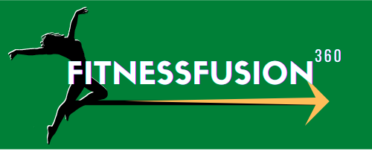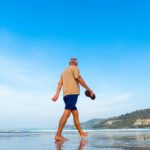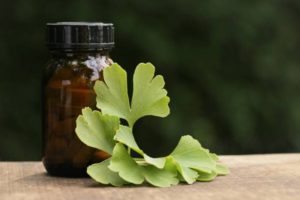Phytoestrogens: What Are They, Health Benefits, and Top Food Sources
In today’s health-conscious world, natural compounds that support hormonal balance are gaining attention—and phytoestrogens are among the most discussed. But what exactly are they, and how do they affect your health?
If you’ve heard about phytoestrogens in relation to menopause, heart health, or plant-based diets but aren’t quite sure what they do, this guide breaks it all down. We’ll cover:
- What phytoestrogens are
- Their potential health benefits
- 3 easy-to-find food sources
Let’s dive in.
What Are Phytoestrogens?

Phytoestrogens (from the Greek phyto = plant) are naturally occurring compounds found in certain plants that mimic the effects of estrogen in the human body – though they are much weaker than the estrogen produced by our bodies.
They bind to estrogen receptors, which can help balance hormones when estrogen levels are low (like during menopause).
They can even block excess estrogen when levels are too high (which may be beneficial for hormonal cancers).
Types of Phytoestrogens:
- Isoflavones (found in soybeans, chickpeas)
- Lignans (found in flaxseeds, whole grains)
- Coumestans (found in alfalfa, clover)
Health Benefits of Phytoestrogens
Research suggests that phytoestrogens may offer several health advantages, particularly for:
1. Menopause Symptom Relief
Hot flashes, night sweats, and mood swings are common during menopause due to dropping estrogen levels. Studies show that women who consume phytoestrogen-rich foods (like soy) experience milder and fewer symptoms.
2. Heart Health Support

Phytoestrogens may help:
Lower LDL (“bad”) cholesterol
Improve blood vessel function
Reduce blood pressure
Populations with high soy consumption (like in Japan) tend to have lower rates of heart disease, possibly due to dietary phytoestrogens.
3. Bone Density Protection
Estrogen helps maintain bone strength. After menopause, bone loss accelerates. Some research indicates that phytoestrogens may slow bone density decline, reducing osteoporosis risk.
4. Potential Cancer Risk Reduction
While more studies are needed, some evidence suggests that phytoestrogens ,especially those from soy, may lower the risk of hormone-related cancers – like breast and prostate cancer, by modulating the estrogen activity.
3 Best Food Sources of Phytoestrogens
Want to add more phytoestrogens to your diet? Here are three easy-to-find, nutrient-packed sources:
1. Soybeans & Soy Products
- Rich in: Isoflavones (genistein, daidzein)
- Examples: Edamame, tofu, tempeh, soy milk
- Bonus: High in protein, great for plant-based diets
2. Flaxseeds
- Rich in: Lignans (one of the highest plant sources)
- How to use: Ground flax seeds in smoothies, oatmeal, or yogurt
- Bonus: Packed with omega-3s and fiber
3. Sesame Seeds
- Rich in: Lignans and other phytoestrogens
- How to use: Sprinkle on salads, stir-fries, or toast
- Bonus: Good source of calcium and healthy fats
Should You Eat More Phytoestrogens?

For most people, phytoestrogen-rich foods are safe and beneficial, especially when consumed as part of a balanced diet. However:
- Moderation is key—extremely high doses (like supplements) may have unintended effects.
- Those with thyroid conditions or hormone-sensitive cancers should discuss intake with a healthcare provider.
Plant Powered Support
Phytoestrogens offer a plant-powered way to support hormonal balance, heart health, and more. Instead of relying on processed supplements, try incorporating soy, flaxseeds, and sesame seeds into meals for a natural, nutrient-rich approach.












More Stories
Thiamine On Your Fitness Journey
5 – Healthy Breakfast Recipe Ideas
Coenzyme Q10 – What’s The Use?